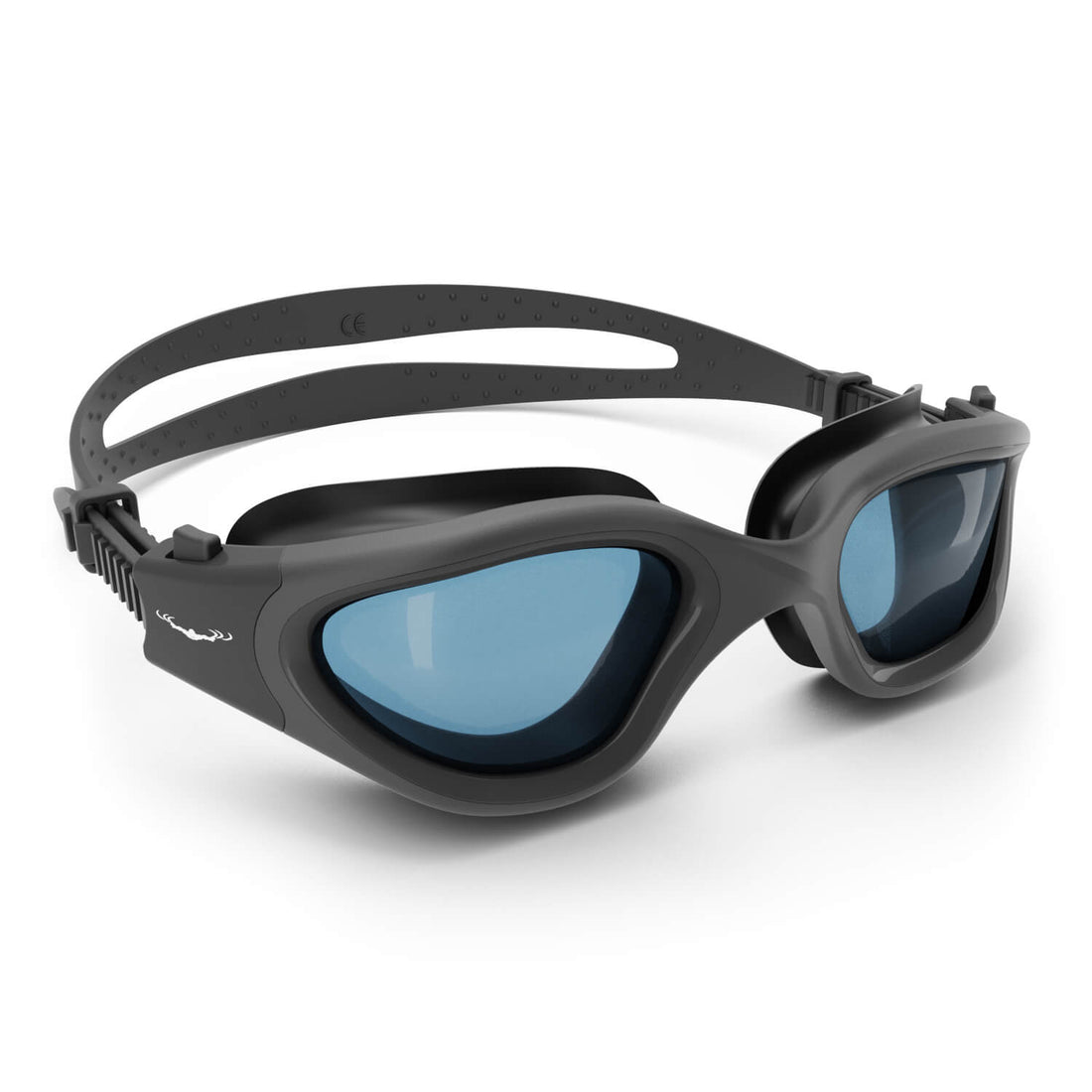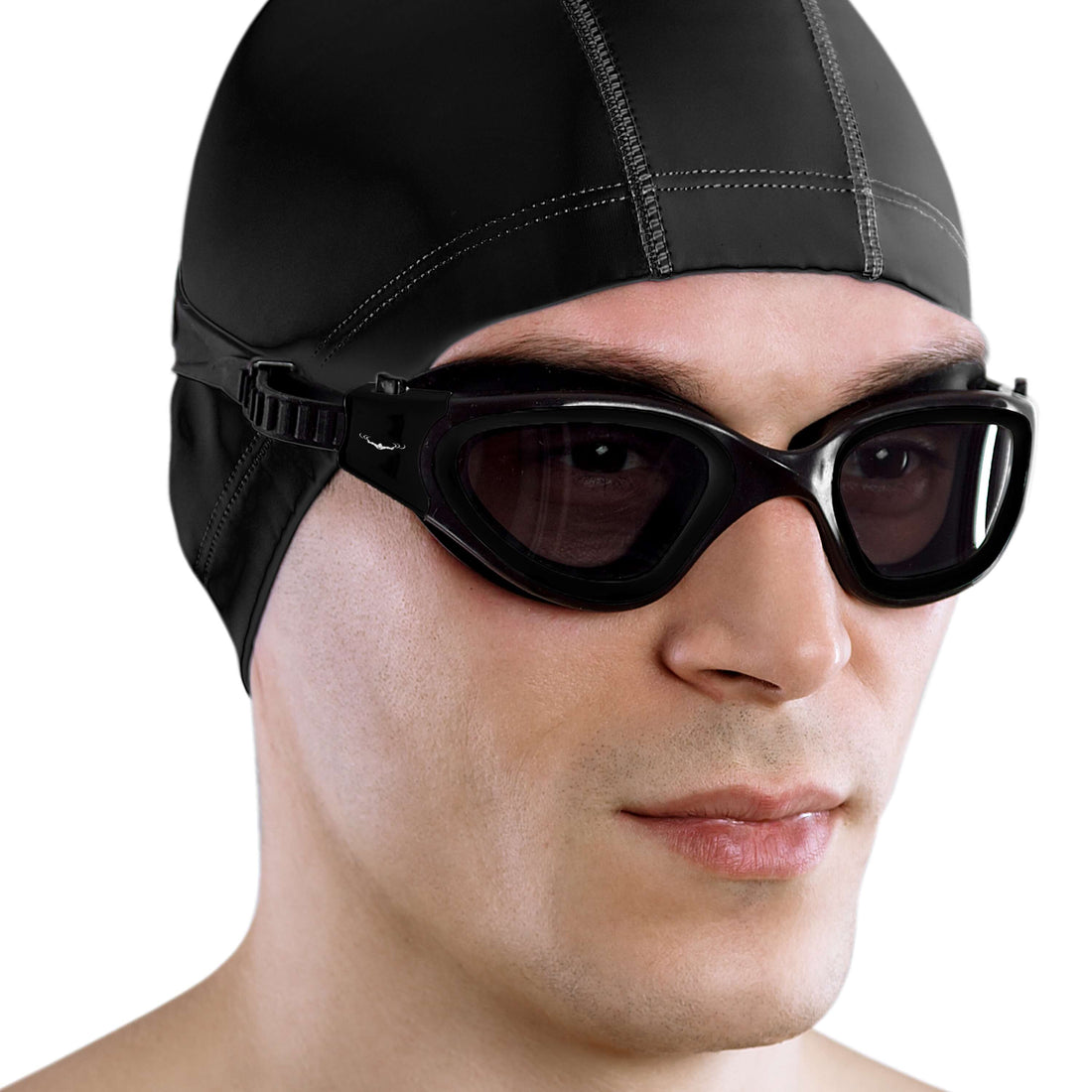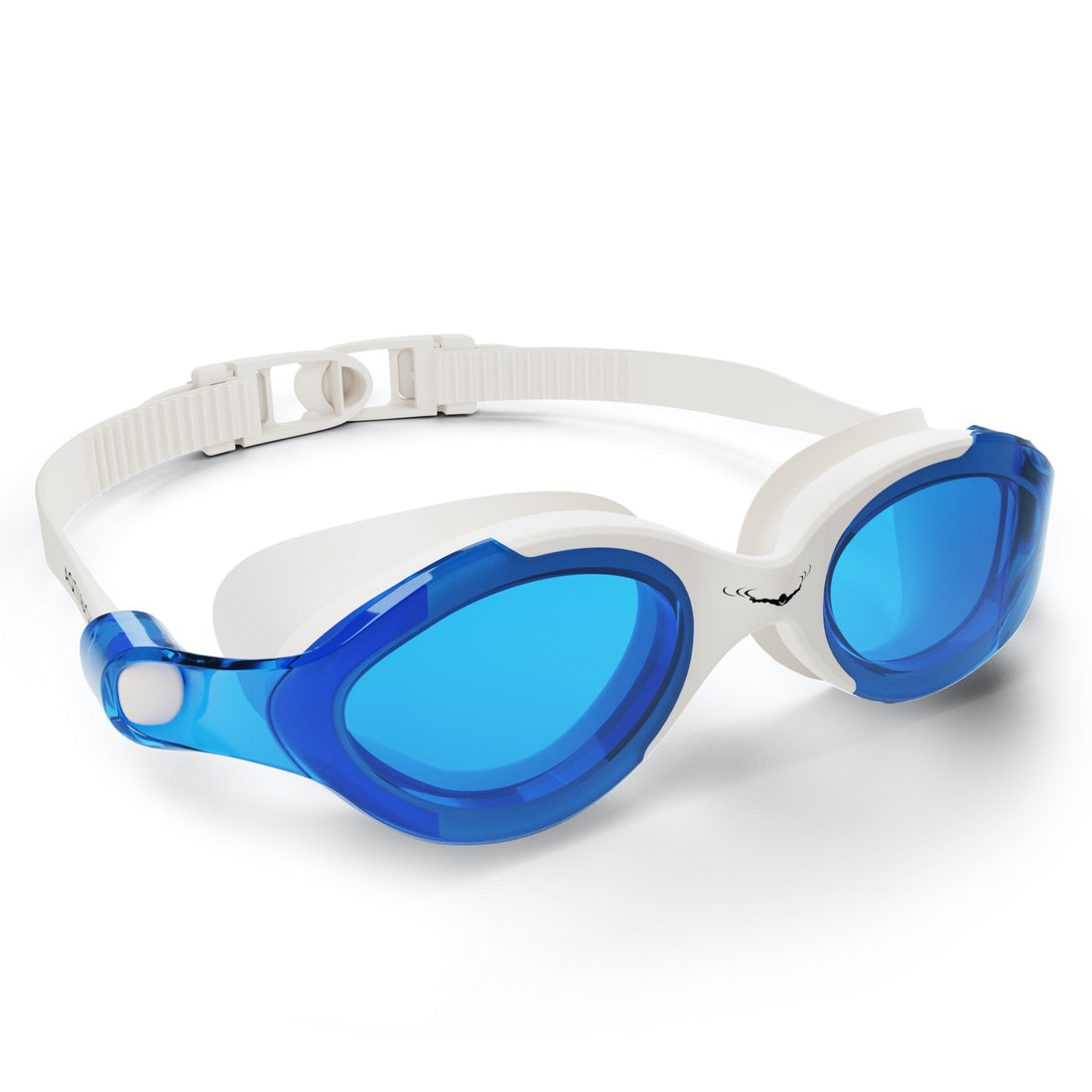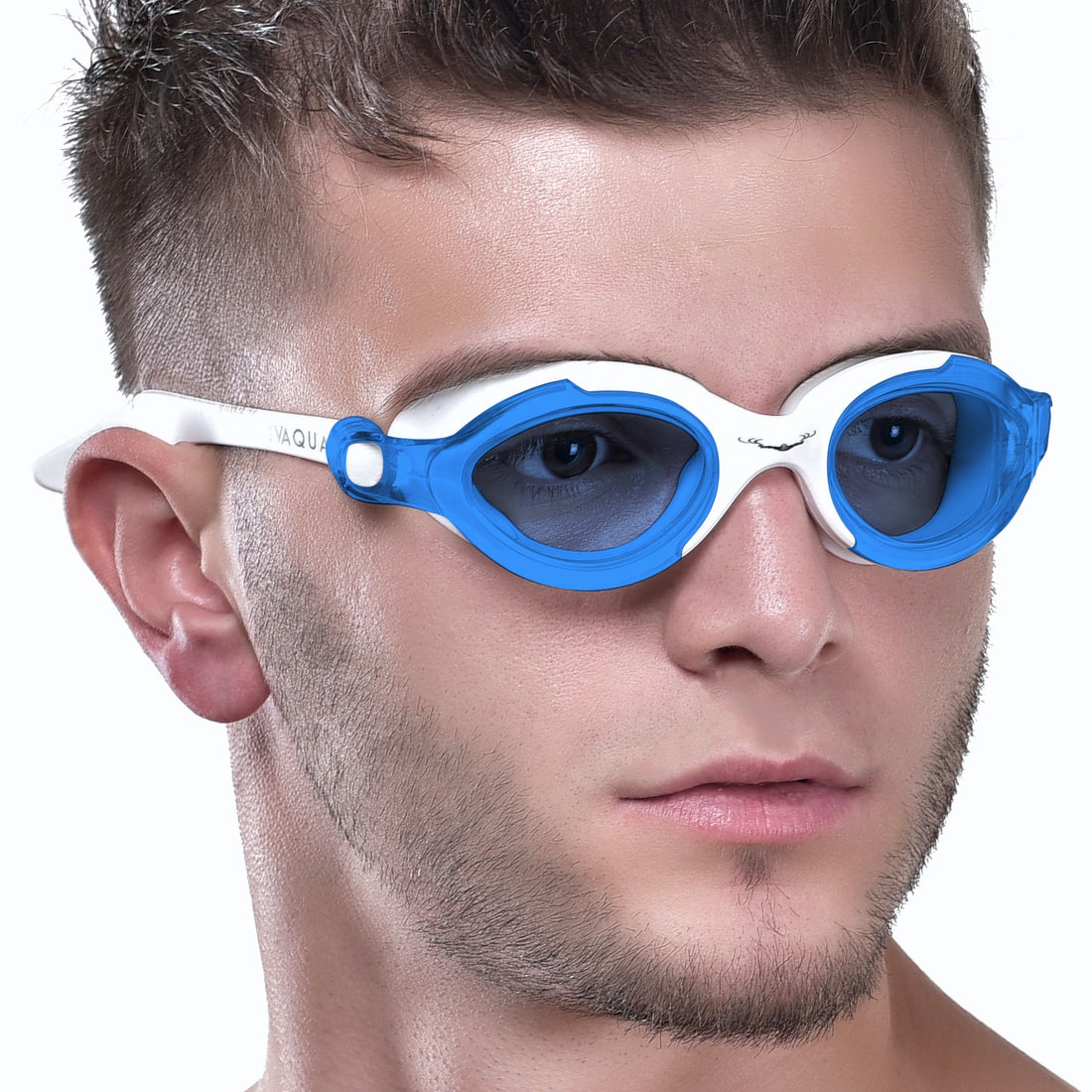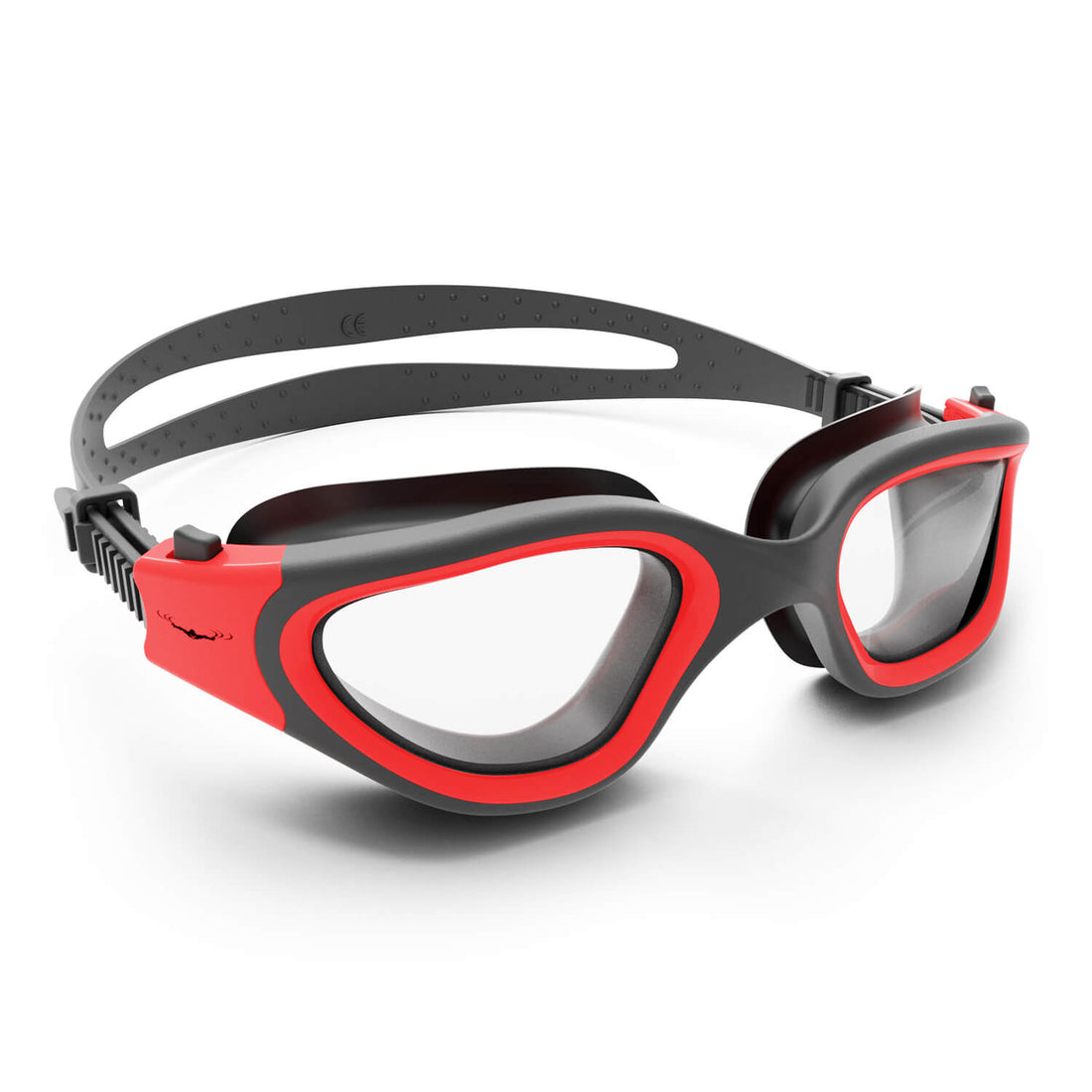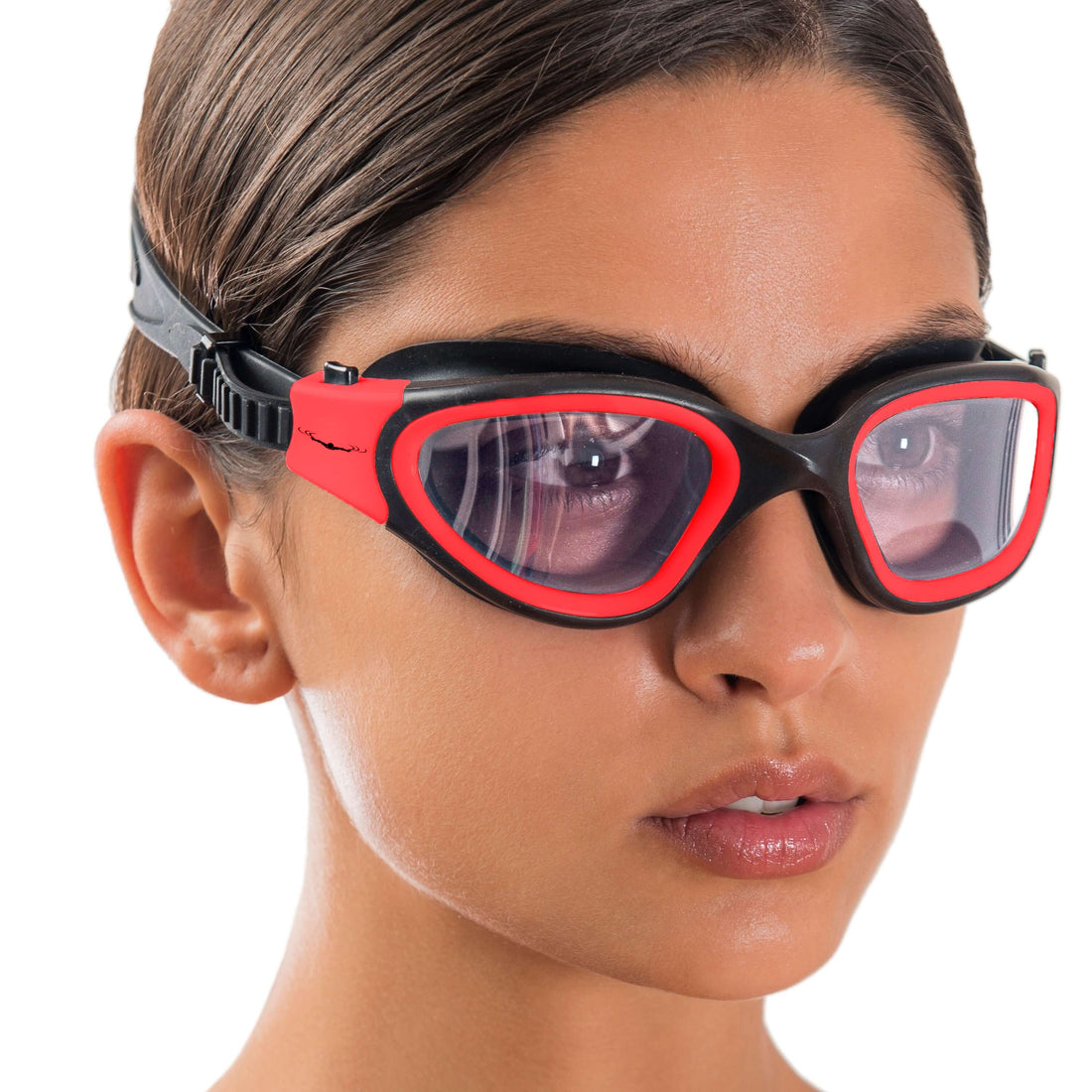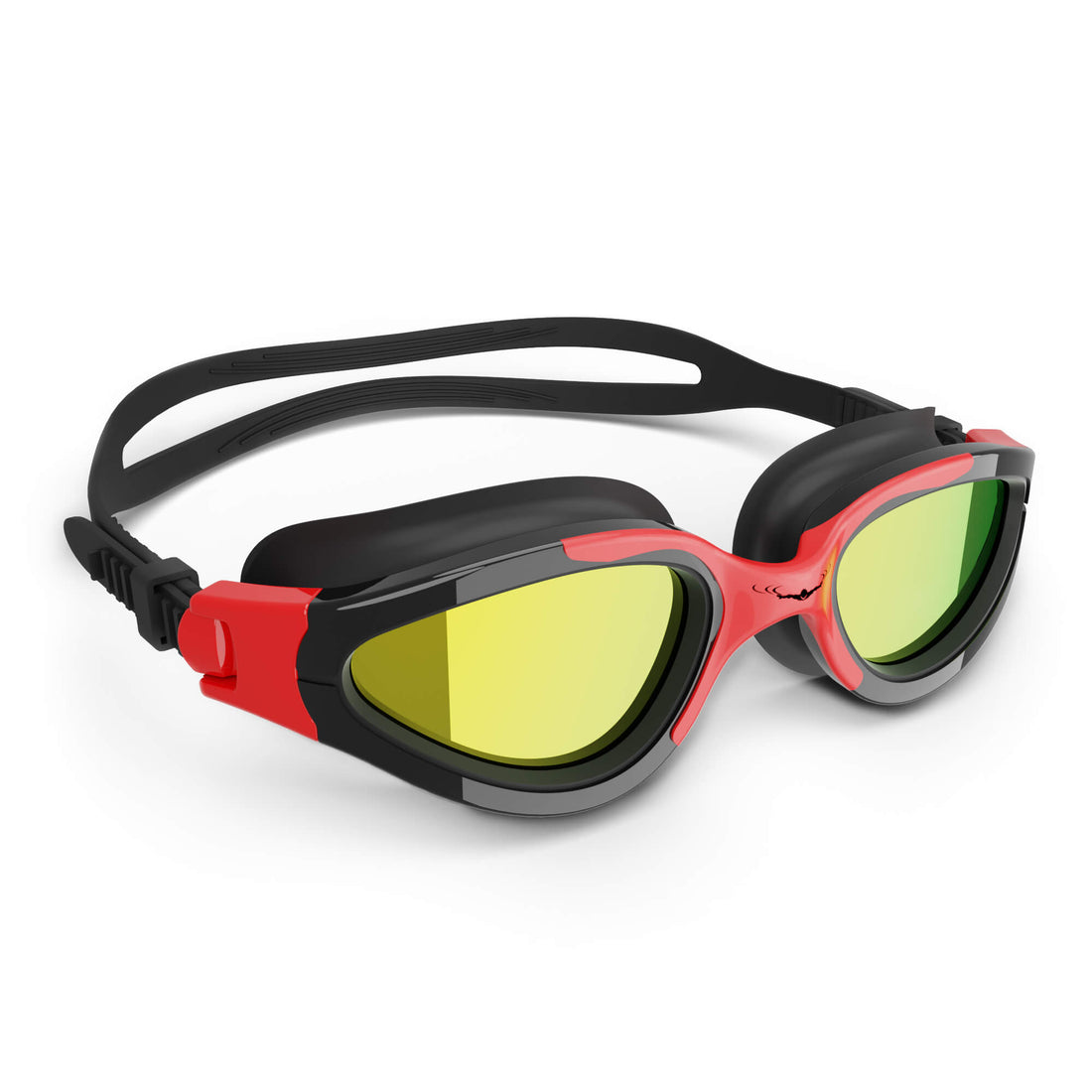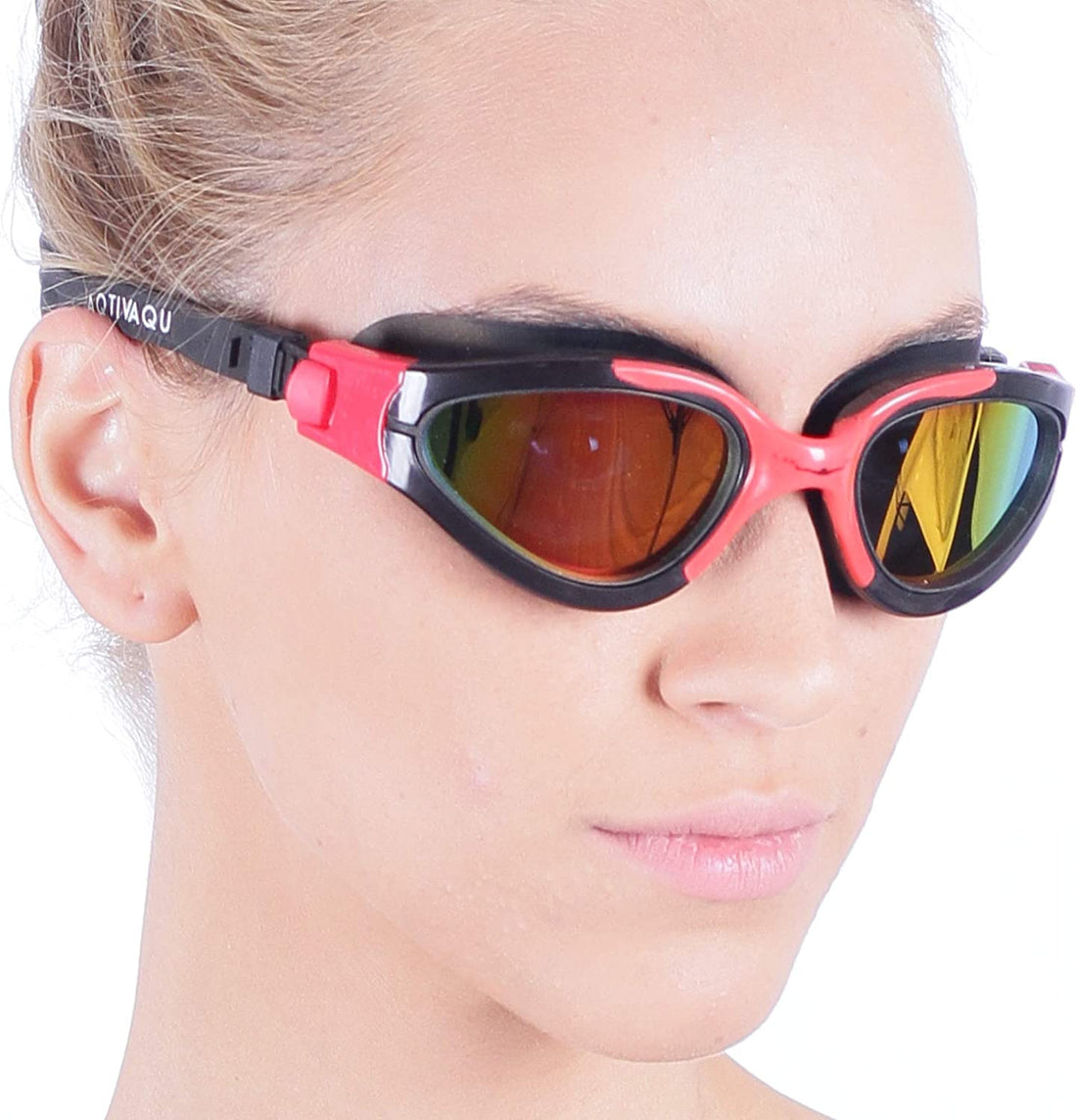Swimming is not just a vigorous activity; it's a lifestyle that encompasses various elements for success. While mastering strokes and techniques is crucial, the importance of nutrition in enhancing performance can't be overstated. Proper nutrition can greatly influence a swimmer's energy levels, recovery, and overall performance, making it a fundamental aspect of any swimmer's routine, whether they are professional athletes or kids enjoying the water with their stylish kids swim goggles.
The Role of Nutrition in Swimming
Nutrition serves as the fuel that powers a swimmer through workouts and competitions. Swimmers must engage in rigorous training sessions that demand high levels of energy and endurance. To meet these demands, a well-balanced diet that incorporates the right proportions of macronutrients—carbohydrates, proteins, and fats—is essential.
Understanding Macronutrients
Each macronutrient plays a unique role in optimizing swimming performance:
- Carbohydrates: Swimmers require carbohydrates as their primary energy source. Foods like whole grains, fruits, and vegetables are vital. Carbs provide the necessary glycogen stored in muscles, which is essential for powering through intense swimming sessions.
- Proteins: Proteins are critical for muscle repair and recovery. After a grueling swim practice, consuming protein-rich foods can help rebuild muscle fibers, ensuring swimmers are ready for the next session. Sources include lean meats, dairy products, legumes, and fish.
- Fats: Although swimmers rely mostly on carbohydrates, healthy fats play a key role in prolonged performance. They offer long-lasting energy, especially during extended workouts. Incorporate sources like avocados, nuts, and olive oil into the diet.
Hydration: The Unsung Hero of Swim Performance
In addition to macronutrients, proper hydration is vital for swimmers. Water is the most effective performance enhancer. Dehydration can lead to fatigue, reduced coordination, and decreased concentration—all critical factors when it comes to swimming, which demands focus and endurance.
Signs of Dehydration
Awareness of dehydration is essential for swimmers. Common signs include:
- Headaches
- Dizziness or lightheadedness
- Dry mouth
- Fatigue or lethargy
To maintain optimal hydration levels, swimmers should aim to drink water before, during, and after practice. Including electrolyte solutions can also assist during long training sessions or competitions.
The Timing of Nutrition for Optimal Performance
When a swimmer consumes their meals and snacks can be just as important as what they eat. Timing can affect energy levels, recovery, and overall performance.
Pre-Swim Nutrition
A balanced meal consumed about 3-4 hours before swimming can provide sustained energy. This meal should focus on complex carbohydrates with moderate protein and low fat. Consider options such as:
- Brown rice with grilled chicken and steamed vegetables
- Whole grain pasta with tomato sauce and lean ground turkey
- Oatmeal topped with bananas and a spoonful of peanut butter
If time is limited, a light snack, like a piece of fruit or a yogurt, can be eaten about 30-60 minutes before swimming
Post-Swim Recovery
After a swim, recovery nutrition is crucial. Consuming a meal rich in protein and carbohydrates within 30 minutes after swimming can significantly boost recovery. Ideal post-swim foods include:
- Protein shakes
- Greek yogurt with fruit
- Turkey sandwich on whole grain bread
Swimmers can also benefit from incorporating swim ear bands after their swim, which helps prevent ear infections caused by water exposure. Quick recovery coupled with efficient nutrition can lead to improved swim times and skills.
Nutrition Strategies for Kids Who Swim
Encouraging young swimmers to embrace healthy eating can set them up for lifelong success in the sport and overall well-being. Parents play a key role in helping children develop good eating habits.
Fun Nutrition Tips for Kids
To make nutrition enjoyable for young swimmers, consider the following strategies:
- Involve kids in meal preparation: Involve children in choosing, preparing, and cooking their meals, making it more likely they'll enjoy healthy food.
- Make it colorful: Incorporate a variety of colorful fruits and vegetables which not only provides the necessary nutrients but also makes their plate visually appealing.
- Set a routine: Establish a consistent eating schedule around swim practices. This can help kids understand their body's nutritional needs.
Swimming and Weight Management
Swimming is an excellent workout for maintaining a healthy weight. It’s a full-body exercise that burns calories while being easy on the joints. Nutrition becomes a critical factor in weight management for swimmers.
Caloric Needs for Swimmers
The caloric needs can vary greatly among swimmers based on age, gender, weight, and level of activity. Understanding personal caloric requirements can help swimmers make informed dietary choices. Consulting with a nutritionist who specializes in sports can provide tailored guidance that aligns with individual goals.
Balancing Treats and Healthy Eating
It’s important for young swimmers, especially, to understand that healthy eating is about balance. Occasional treats can be enjoyed without guilt, and learning moderation is critical. Encourage children to make smart choices by creating a rule that treats are allowable as long as they’re paired with healthy meals, such as having a dessert following a nutritious dinner.
Swim Equipment and Nutrition Awareness
Wearing the right swim goggles and swim caps is essential for swimming efficiently. Similarly, paying attention to nutrition should be as smooth and routine as slipping on your favorite swim gear. Just like one wouldn’t take to the pool without the right equipment, swimming performance can be maximized only when nutrition is prioritized alongside technique. Incorporating nutrition-focused discussions into practice can make a difference in athletes' understanding of how performance, recovery, and health interconnect.
Motivating Young Swimmers through Nutrition
Encouraging young swimmers to fuel their bodies properly can inspire them to perform better. Additionally, making mealtime an enjoyable experience can foster a positive attitude toward food and eating. Try setting goals with kids, rewarding them for healthy eating habits, and celebrating their swimming accomplishments with nutritious meals.
A Successful Swimming Journey Through Nutrition
Nutrition and swimming are inextricably linked in the pursuit of excellence in the water. By prioritizing balanced eating, hydration, and proper timing of meals, swimmers can unlock their full potential. Whether you’re preparing for competition or simply enjoying recreational swimming with friends, incorporating good nutrition coupled with your favorite swim gear—including swimming goggles and swim caps—can enhance both performance and enjoyment.
As you continue on this exciting swimming journey, remember that every bite counts—fuel your passion for swimming with the nutritional foundation that will support your goals now and in the future. Dive in and make every meal and practice a step toward success!



